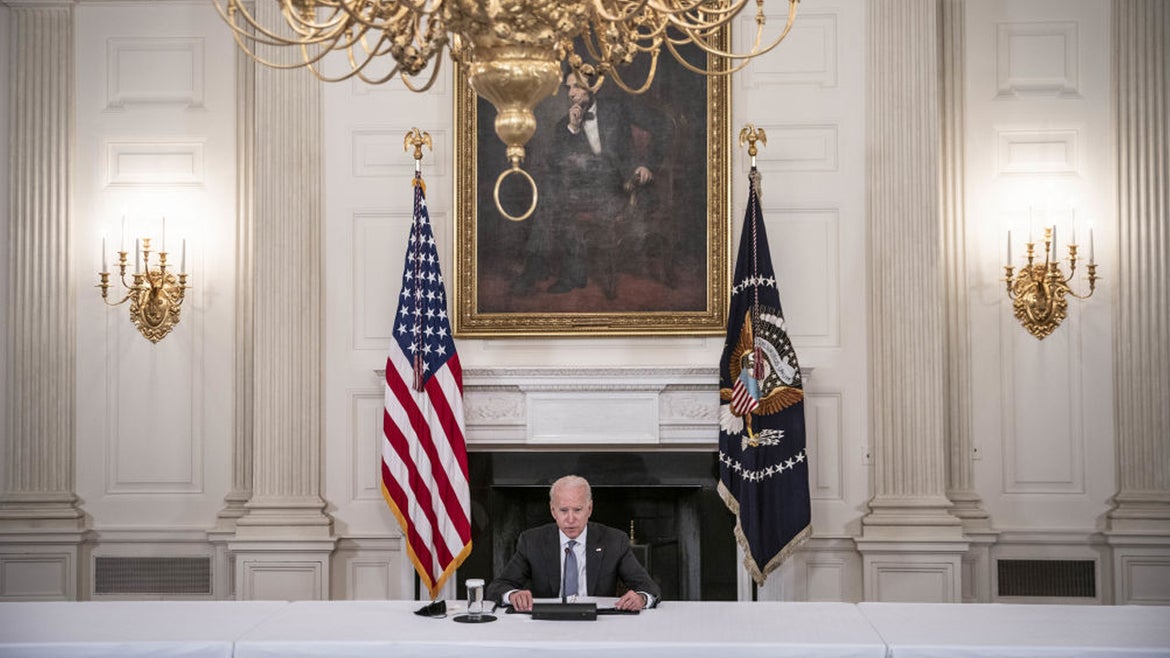A $1 trillion bipartisan infrastructure bill was revealed Sunday. Here are the main takeaways you should know.
The Senate will continue negotiations this week with the goal of passing a $1 trillion bipartisan infrastructure bill by week's end. Democratic Majority Leader Chuck Schumer hopes to pass the 2,702-page legislation before the Senate leaves Washington for a monthlong recess.
“Given how bipartisan the bill is, and how much work has already been put in to get the details right, I believe the Senate can quickly process relevant amendments and pass this bill in a matter of days,” Sen. Schumer said Sunday night.
Senator Joe Manchin (D-WV), one of the Democrats leading the negotiations, tells CBS News that he projects the bill will be final and passed by Thursday.
"This is the President's bill, this is the Democrats bill, this is the Republican's bill, this is everyone's bill," Manchin said.
Here is what you should know:
The Senate Needs to Vote on Amendments to the Bipartisan Bill
A single senator's objection could hold the bill for days. If that happens, it could still take some time before it reaches President Biden's desk. Plus, the House is not scheduled to return to session until Sept. 20 once it leaves for summer recess.
Democrats and Republicans Who Support the Bill Say It Will Boost the Economy and Public Transportation
Lawmakers on both sides agree that if the bill is passed, it will turn a new page for not only the economy but transportation and utility systems, too. There will be about $550 billion in new spending on roads, bridges, airports, waterways, broadband, water systems and the power grid, CNBC reported.
However, according to analysts, the deal fails to include any mention of the Clean Electricity Standard, which was an integral piece to Biden's climate plan to replace the electric grid from fossil fuels to renewable sources, the Associated Press reported. A larger bill is being developed to address carbon-free electricity.
The Democratic Party Hopes to Make Child Care, Higher Education and Paid Leave Accessible
If the Senate reaches a deal, it could also lead way to another bill that would focus on expanding child tax credits, paid family and medical leave, and making pre-K and community college education all the more accessible for more Americans.
The Bill Will Support Green Energy, Clean Water and The Internet
The infrastructure bill aims to invest in climate change, including $28 billion on power grid infrastructure and expand clean energy.
There will also be $46 billion allocated to help mitigate damage from natural disasters including floods, wildfires, and droughts.
Additionally, the bill will spend $55 billion on clean drinking water infrastructure, specifically cleaning up superfund and brownfield sites and eliminate lead pipes and other dangerous chemicals.
The bill strives to spend $65 billion on providing broadband internet to every American and boost competition among providers which could ultimately reduce the cost of high-speed internet.






